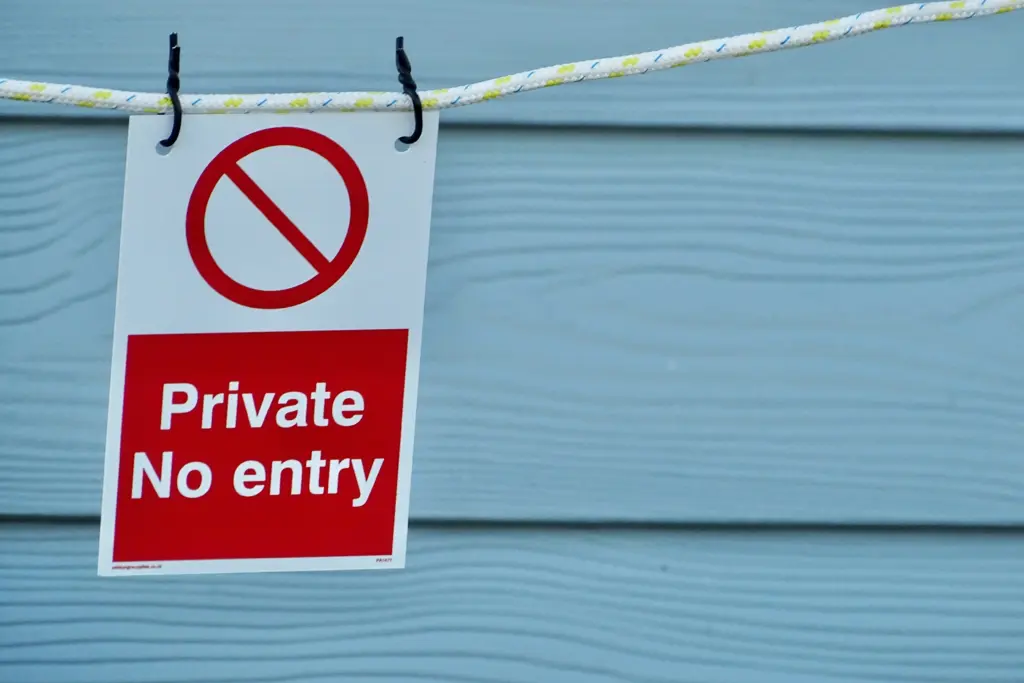Predicting the Unknown in River and Sea Transport
This article using vivid language introduces constraints of enhancing risk mitigation in inland navigation, which we have presented to a broad audience both as a White Paper and in collaboration with Thomas Miller, London. Understanding, Quantifying, and Mitigating Risks in River and Sea Transportensures Sustainability and Resilience of the Logistic Environment in Local, Regional, and […]Legal Due Diligence in Private Security Operations

The spirit of #BlueSecurity demonstrates the respect for an Individual’s rights in a complex environment of international legal regimes.
The constant instability caused by piracy and threats of violence on shipping routes prudent security management and a solid legal awareness to be able to react to changing security situations. The complex interplay of different legal systems and the importance of individual rights play a special role, as introduced at the SEC4BLUEconomy Conference in April 2024.
Security operations happen on offshore installations. They are conducted through security guards on board merchant vessels or by enlisted security officers on cruise ships. In any circumstance, understanding the legal framework is paramount to achieving the secondary objective of private security services: to support law enforcement and prosecution by thoroughly preserving evidence and securing crime scenes at sea.
This is the link between SDG 14 and SDG 16, which is reflected in #BlueSecurity. This term emphasises that responsible maritime investment #BlueInvest and sustainable maritime economy #BlueEconomy go hand in hand with modern Maritime Security and the principles of the rule of law.
The essence of the rule of law is that individuals can defend themselves against any governmental action. The legal due diligence process ensures that supporting actors of public law enforcement agencies, such as private security personnel, also act in a legitimate manner. And that their contributions to law and order stand up to judicial review.
Legal due diligence examines protocols for security operations in the private sector, for private armed guards or for ship security officers. It contributes to the assessment of project conditions in preparation for a tender, to the design of operational frameworks and to the drafting of protocols for security operations. And it contributes to the education and training of deployed security personnel, including self-defence, use of force, arrest rights and preservation of evidence.
BlueSecurity shows that the protection of goods and people is nothing without a security concept based on the rule of law and respect for the rights of the individual.




